Artisanal fishing for golden crab (Chaceon chilensis) off the Juan Fernández archipelago, Chile
DOI: https://doi.org/10.3856/vol37-issue3-fulltext-2
Abstract
This work describes the artisanal golden crab (Chaceon chilensis) fishery off Robinson Crusoe and Santa Clara islands in the Juan Fernández archipelago (Chile) developed between July 2005 and May 2006. We report biological fishery aspects related to the fishing efforts and yields, the sexual proportion of the catch, and the results of a direct evaluation of the vulnerable biomass done using the trap area of influence method. The extraction was done mainly in the NE quadrant of both islands from wooden boats (9.0 m length). Monitoring was done during 157 fishing trips, in which 13,903 specimens were caught; most were males (97.5%). The average CPUEs were 16.7 specimens per trap and 13.5 commercial specimens per trap. Systematic sampling revealed the resource between 300 and 1000 m depth, with the greatest yields between 400 and 500 m depth (19.8 and 15.9 specimens per trap). Two stock assessment scenarios were considered and discussed for commercial-sized specimens in the currently exploited area (45.8 km2). The first scenario estimated an effective radius for the traps of 13.4 m (564.1 m2 in area), obtaining a vulnerable biomass of 1002 tons, equivalent to 832,983 specimens. The second scenario considered a radius of 30.0 m, giving a vulnerable biomass of 203 tons, or 168,587 specimens.


